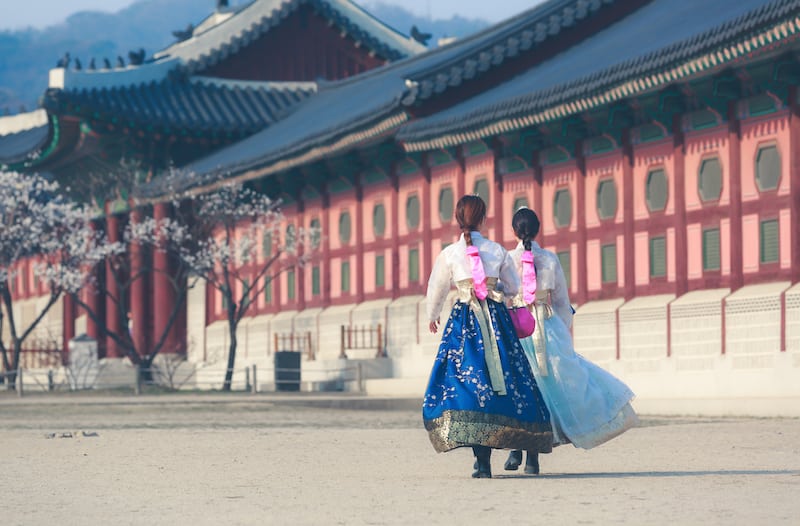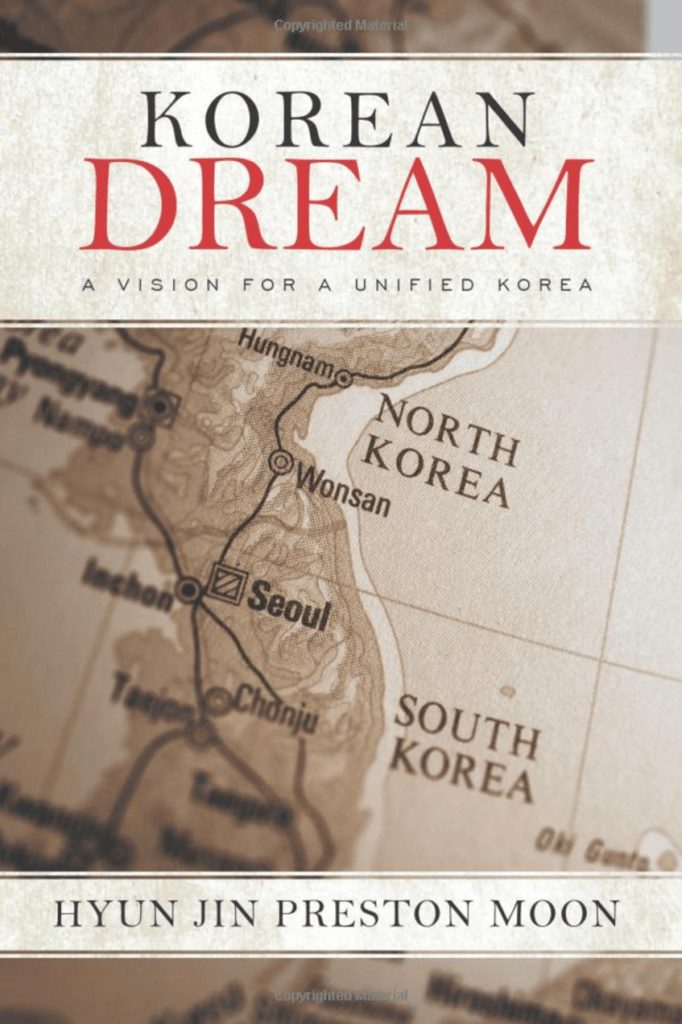What do we really want for Korea?
It’s easy to know what we don’t want:
War, human rights violations, corruption, high suicide rates, nuclear weapons
But we can’t live and build on “no”s alone.
he end to the Korean war is not an end so much as a start.
And this start needs to begin by asking: what is it that we want to see in Korea?
It’s from this first question of what we want — NOT what we don’t want – that rebuilding, unification and reconciliation can begin.
What other way is there?
In our homes, at work, in school, in our community, we can start building the dream.
This process involves asking questions.
Question :
- What could and should one Korea look like? While many assume South Korea such simply absorb North Korea, we need to take a hard look at problems on both sides of the 38th parallel currently dividing the Koreas. What should we seek to emulate and what are things we need to correct? We can’t simply let things happen. We must make them happen through first knowing what it is that we want.
- What lessons could we learn from others who have gone through a similar process (Germany, Mongolia, South Africa, etc.)? How did reunification in Germany work and what are the hard-learned lessons we can look to there? Where are the critical elements that allowed for a peaceful transition from communism to democracy in Mongolia? What are the lessons of reconciliation that need to be remembered from post-apartheid South Africa?
- What can I do? How can the principles, lessons of unification and reconciliation build or renew the social fabric in my own community?
hrough asking these questions, we can build and coordinate plans and partnerships for action on all of the above.
We no longer have the luxury to be bystanders. Every one of us has a choice – to, as the once- shy Indian peace activist, Mahatma Gandhi encouraged us, “be the change that you wish to see in the world” or — not.
What will we do? How will we be a part of the Korean Dream?


